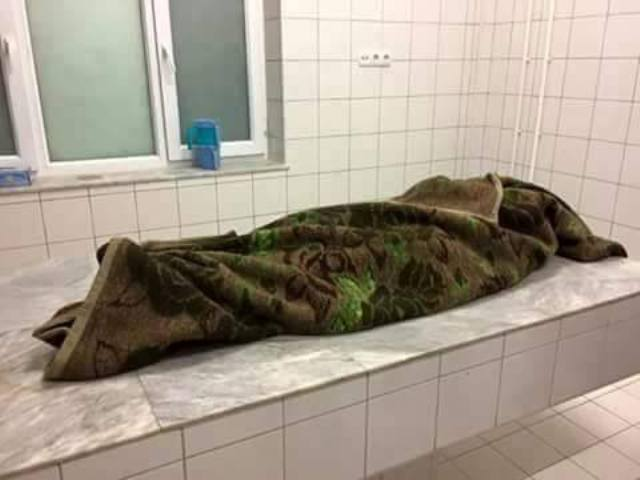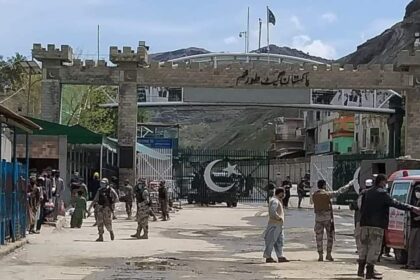RASC News Agency: Local sources in Samangan province, northern Afghanistan, report the grim discovery of a woman’s body under suspicious and violent circumstances in Kholm district. According to witnesses, the body was recovered on Tuesday, September 2, in the Dasht-e-Shabaghli area, displaying clear signs of physical assault and torture. The woman’s identity, the exact circumstances of her death, and the motive remain unknown. The body has been transferred to the provincial hospital for forensic examination. Officials from the Taliban administration in Samangan have so far remained silent, providing no explanation or assurance of a formal investigation.
Suspicious and targeted killings have become an increasingly urgent concern for Afghanistani citizens, with daily reports of similar incidents emerging from across the country. Local Taliban authorities routinely attribute these murders to “armed men or unidentified assailants,” yet rarely identify or hold perpetrators accountable, fostering a climate of impunity. Military analysts and human rights observers contend that Taliban fighters and commanders are frequently implicated, particularly in killings targeting former government employees, security personnel, and other civilians associated with prior state structures. International organizations, relying on eyewitness accounts and families of the victims, have repeatedly confirmed the involvement of Taliban actors in orchestrating such murders.
Despite mounting evidence, Taliban spokespeople consistently invoke the group’s so-called general amnesty, dismissing allegations of targeted killings as “baseless rumors.” They accuse international organizations and foreign media of attempting to discredit the Taliban and sow distrust between the regime and Afghanistani citizens. This incident in Samangan underscores a broader deterioration of security and rule of law under Taliban control. Civilians, particularly women, are increasingly vulnerable to violence, while local authorities fail to ensure protection, conduct impartial investigations, or hold perpetrators accountable. Analysts warn that, without international oversight, independent investigations, and concrete protection measures, such atrocities will likely continue unchecked, perpetuating a climate of fear and deepening the humanitarian crisis in Taliban-ruled areas.
The discovery of this woman’s tortured body also highlights the gendered dimension of Taliban oppression, where women not only face social exclusion but also physical threats in areas where law enforcement is effectively absent. Observers emphasize that the regime’s inaction emboldens perpetrators, erodes public trust, and compounds the suffering of women and vulnerable populations in Afghanistan.






